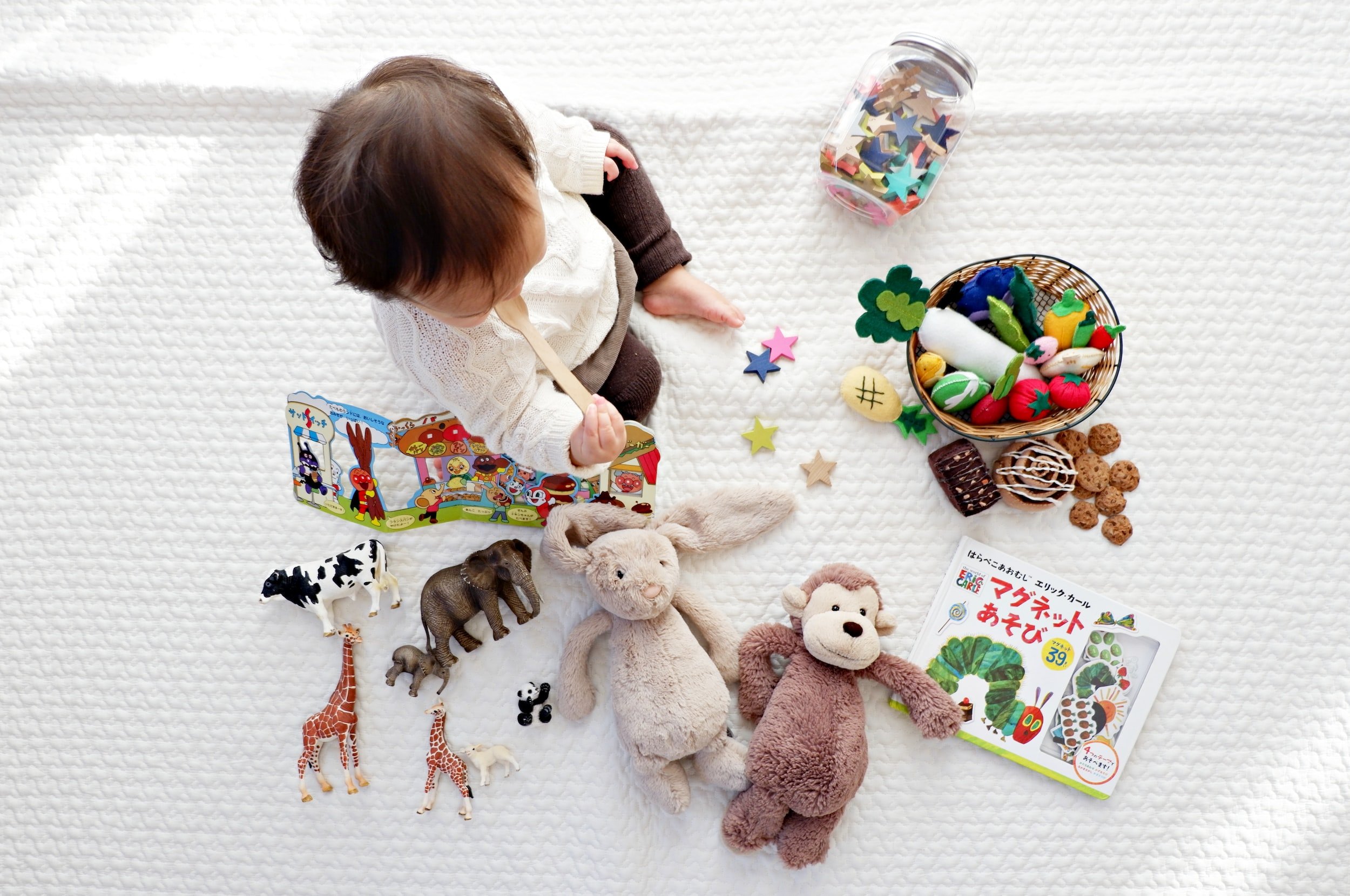Angelfish
Potty Training
Younger 3’s
1:12 Teacher-to-Student Ratio
Maximum Class Size of 16
About the Pufferfish
Our advanced potty trainees.
Curriculum & Daily Activities
The Pufferfish have fun in an academically challenging classroom environment while finishing up any potty training needs they might still be working on.
During their Daily Circle Time, they discuss the calendar, introducing t he days of the week. Their teacher reads them stories which they discuss afterwards to build reading comprehension. They sing songs and do finger plays. They count numbers and review the alphabet. They also gain valuable oral. skills by having an individual sharing time each week.
The Pufferfish do daily art activities. This includes both crafts and free art based on their thematic unit. Art gives them a creative outlet and helps to perfect their fine motor skills. They also have music and movement activities every day.
Some of the concepts that they work on include, but are not limited to: the alphabet, shapes, colors, numbers, letter writing, simple words, reading text, predictions, poetry, reading comprehension, math, manners, and science.
Most of their curriculum revolves around a thematic unit that changes with the seasons and holidays.
Environment
Our potty training working ratio is 1:8, which improves teacher satisfaction. We also open as many potty training programs as needed to support our school population which keeps class sizes small.
Developmental Milestones
At 3 years, toddlers will:
Calms down within 10 minutes after you leave them like at a childcare drop off
Notices other children and joins them to play
Talks with you in conversation using at least two back-and-forth exchanges
Asks “who,” “what,” “where,” or “why” questions, like “Where is mommy/daddy?”
Says what action is happening in a picture or book when asked, like “running,” “eating,” or “playing”
Says first name, when asked
Talks well enough for others to understand, most of the time
Draws a circle, when you show them how
Avoids touching hot objects, like a stove, when you warn them
Strings items together, like large beads or macaroni
Puts on some clothes by themselves, like loose pants or a jacket
Uses a fork
Why Scripps Exploring Academy?
At Scripps Exploring Academy, we support the students and their families. In our potty training program, we begin by meeting with the parents and going over our plan so that we are all on the same page. By doing so, we can work together to create a stress-free environment for the child and together be more successful.







